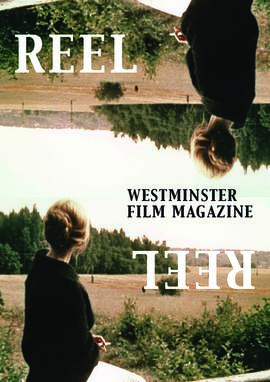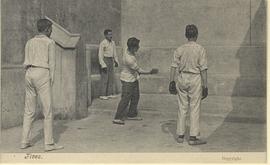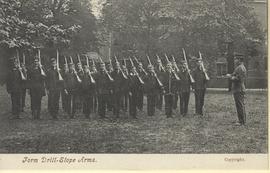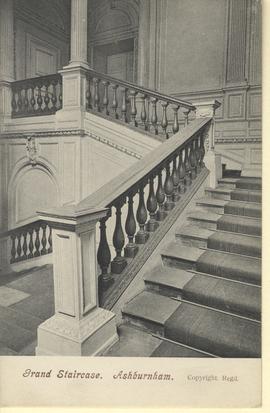One copy annotated on reverse by R.S. Chalk, as follows:
'Memories 1918-1918
To my lasting and lifelong regret, I was not in the Corps. This however did not exempt me as a new boy from twice-weekly parades in ‘B’ Squad I, till I was laid low my Spanish Flu a week or two before the Armistice on Nov 11, 1918.
By that time, Form Drill (as in the picture) conducted presumably by the School Sergeant, had given place to bi-weekly Squad Drill under N.C.O.s in the Corps. Upper School was divided into 8 ‘A Squads’, Under School into eight ‘B Squads’. These drilled alternatively on two days of each week and played in an inter-Squad Football League on the other two (for, curiously enough, Football Leagues were run on inter-Squad lines, not inter-House, in Play 1918).
At the end of that Term an intense inter-Squad Drill Competition took place. The dummy-rifles in the picture (clumsy wooden things) were not used in B Squad Drill. Hopeless cases (some in uniform) were relegated to an ‘Awkward Squad’, teaching only elementary Drill, in yard.
Those not in uniform wore shags over School dress for Drill, T.BB with collars turned up, K.SS with collars turned down (as on all occasions). By 1918, the ‘Shag’ of dark blue was of a less skimpy design than shown in the photo and had a pinkish monogram ‘RSW’ on the pocket.'




